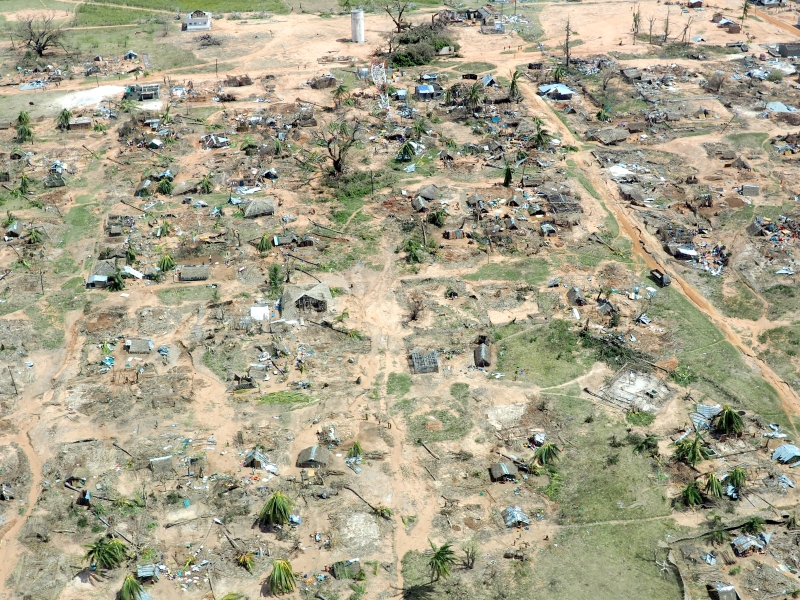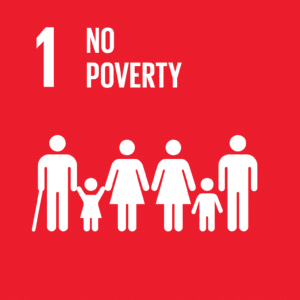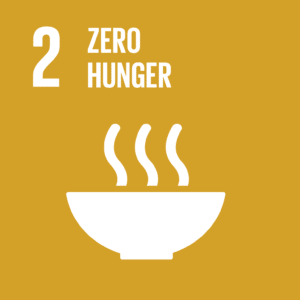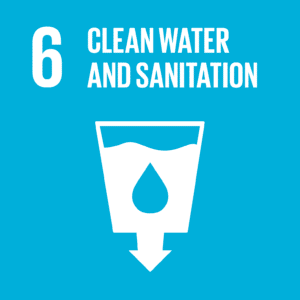Responding quickly and efficiently to natural disasters

Strengthening preparedness, response capacity and food security to natural disasters in Mozambique
The coastal province of Inhambane in the south of Mozambique is particularly susceptible to floods, droughts, and cyclones, which are becoming more frequent due to climate change and often lead to humanitarian crises.
There is no adequate system for early warning of natural disasters. Furthermore, in rural communities materials and equipment to respond well to disasters are lacking. Too few community members are also trained in disaster management and do not know how to prepare for or respond to natural disasters
In addition, any natural disaster that affects the province of Inhambane, where the majority of the population depends on self-sufficient farming, diminishes the resilience of these people against the next disaster. Floods and droughts damage crops and hamper preparations for the coming agricultural seasons, resulting in more poor crop yields and limited food security.
Strengthening skills and providing tools to cope with climate enhanced natural disasters
Four local committees for disaster risk management will be set up in Vilanculos district in Inhambane Province. They will be provided with emergency preparedness toolkits, and trained to respond quickly and efficiently to disasters.
Early warning systems will be set up. The four communities will be trained on how to use them during and after disasters. Immediately after a disaster, they will be able to function as the first responders in their community as they will be equipped with adequate tools to organize search and rescue operations, or initiate repairs to infrastructure if necessary.
The farmers of the four communities will be trained to use sustainable agricultural technologies and will be provided with agricultural toolkits. Vulnerable households in the four communities will also be provided with drought resistant seeds.
The communities will be able to respond better to emergencies through the early warning systems. The training and adequate toolkits provide them with knowledge and tools that enable them to prepare for disasters and mitigate their consequences.
The resilience of the population will be strengthened as the farmers in the four communities apply sustainable agriculture which improves food security and mitigates the long-term effects of climate disasters.
Do you want to know more about this project?







